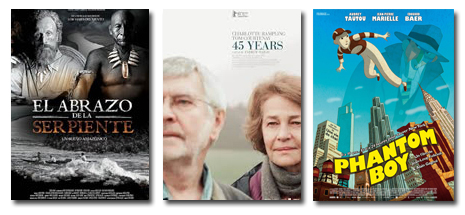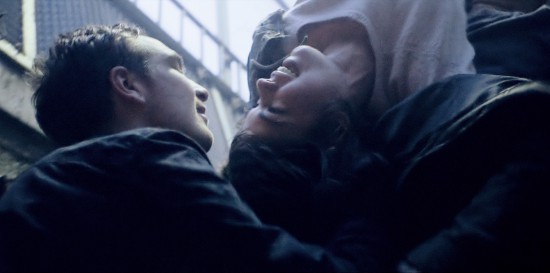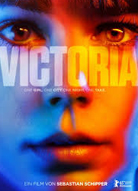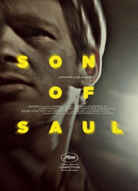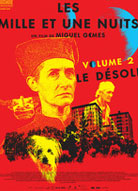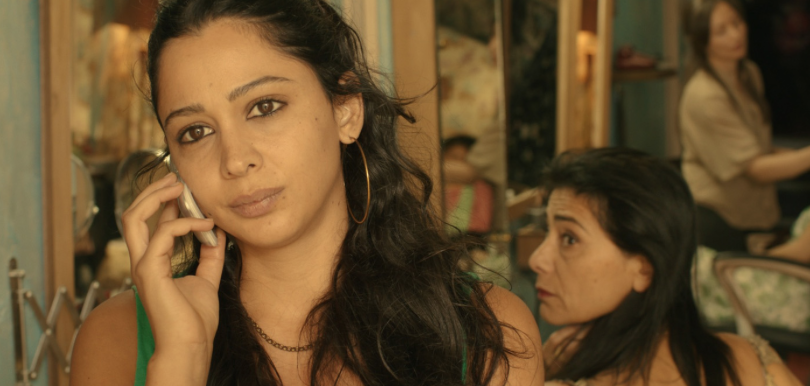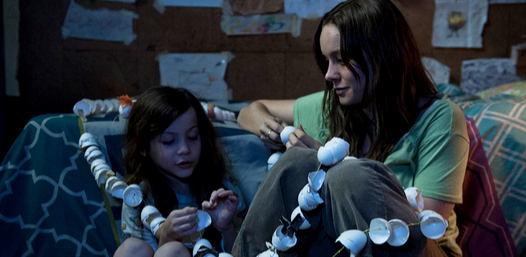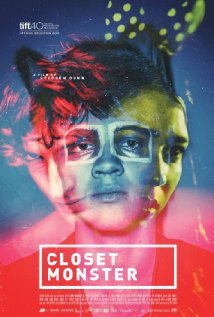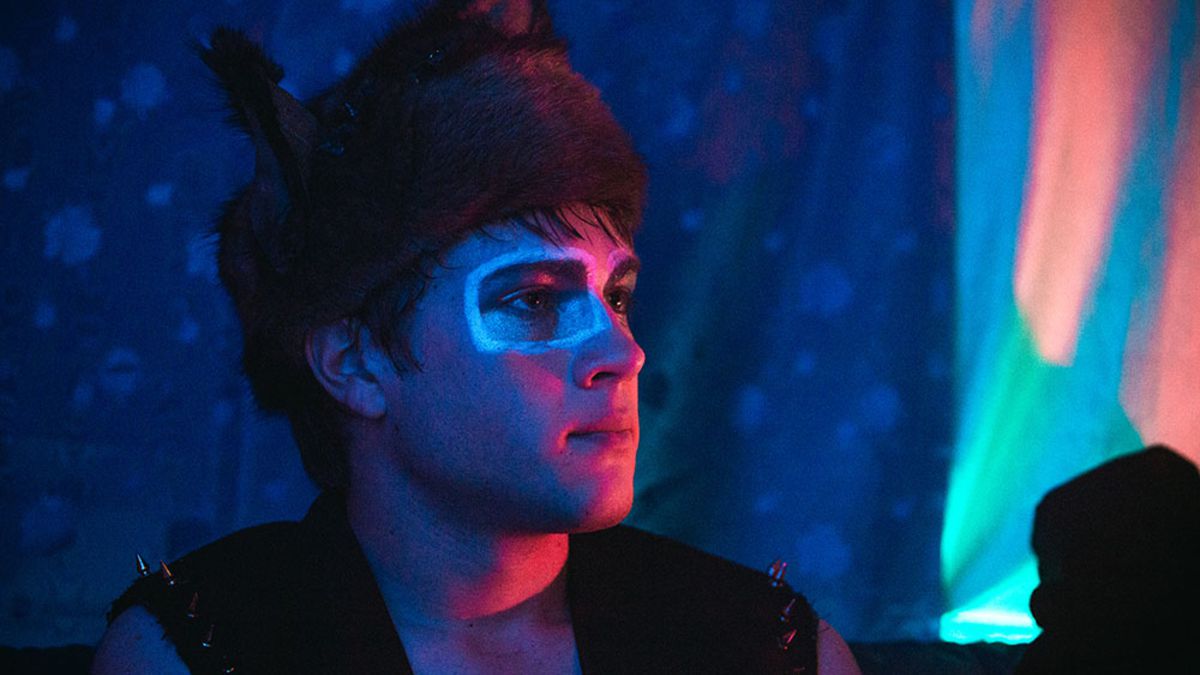NYFF: The wonderful absurdities of "The Lobster"
 Friday, October 2, 2015 at 8:38AM
Friday, October 2, 2015 at 8:38AM 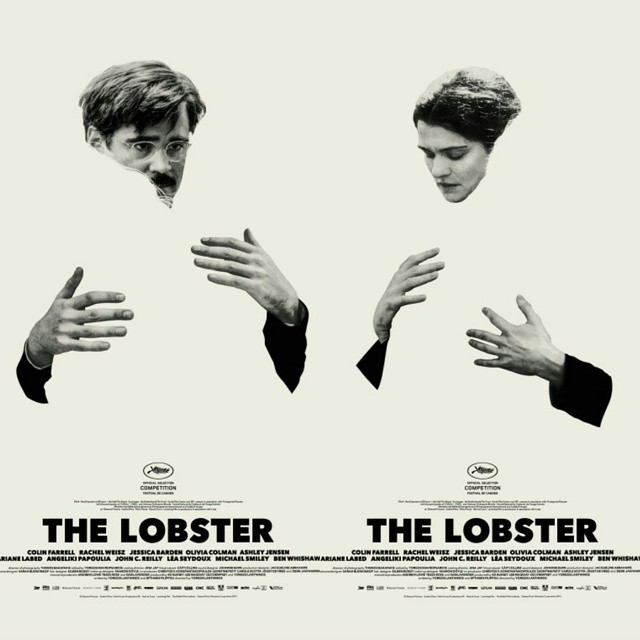 About five disorienting minutes into The Lobster, all pretense of disorientation for disorientation's sake is stripped flatly away as the headmistress of the hotel (a terrific Olivia Colman) where Colin Farrell's character has found himself lays out the movie's premise. And oh how small the word "premise" seems in relation to what The Lobster has up its sleeve: Singletons will be turned into an animal (meaning a literal non-human creature) if they cannot find a mate in an ordained amount of time!
About five disorienting minutes into The Lobster, all pretense of disorientation for disorientation's sake is stripped flatly away as the headmistress of the hotel (a terrific Olivia Colman) where Colin Farrell's character has found himself lays out the movie's premise. And oh how small the word "premise" seems in relation to what The Lobster has up its sleeve: Singletons will be turned into an animal (meaning a literal non-human creature) if they cannot find a mate in an ordained amount of time!
It's a moment as surprising as it is funny (her notion of what is and what isn't absurd is the definition of absurd itself). While director Yorgos Lanthimos' previous films Dogtooth and Alps both reveled in their inscrutable rules, forcing the audience to pick up the fragments of what's offered and chase behind the film, trying to cram them together, everybody in The Lobster instead can't stop telling us exactly how this insane world works ("Didn't you read the guidebook?" is asked multiple times), and the more they lay it out the funnier and funnier it all gets.
And The Lobster is a very very funny film, seemingly finding all new ways to be funny that have never been found funny before - I wouldn't want to spoil its dark surprises but let's just say some of its punchlines got several audience members at my screening up on their feet and right out the door with madcap quickness.
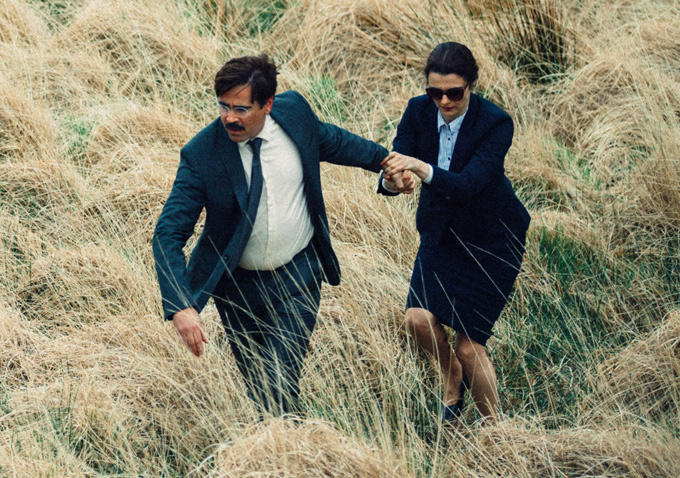
But for all of its laugh-out-loud cynicism about the way our own world works, refracted through the not-so-fun-house mirrors of how its own world works, Lanthimos' film has a heart, maybe black but beating hard, under its strange shape. He manages to make the old-fashioned obstacles of another sad love story hum with newness, scraping the gunk off romance and holding this bright shiny new thing high and proud. It's a marvel, like nothing else, singular from every single stupefying angle.
Alchemy will distribute The Lobster in the US. No date has been announced. For previous posts on the Lobster click here. Follow Jason on Twitter and read his blog MNPP



